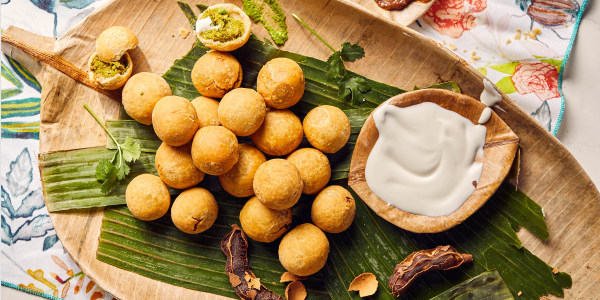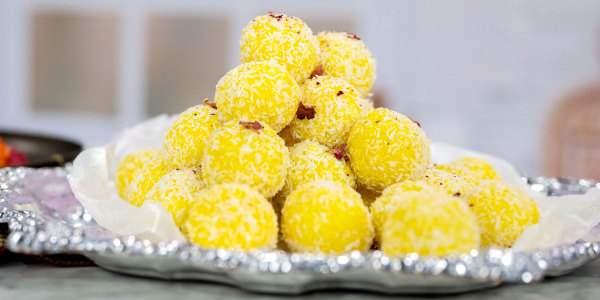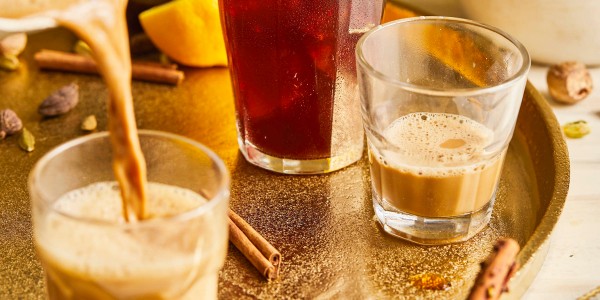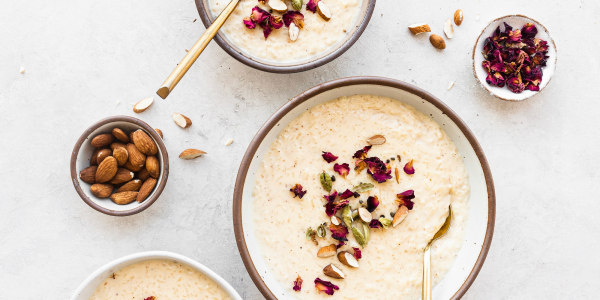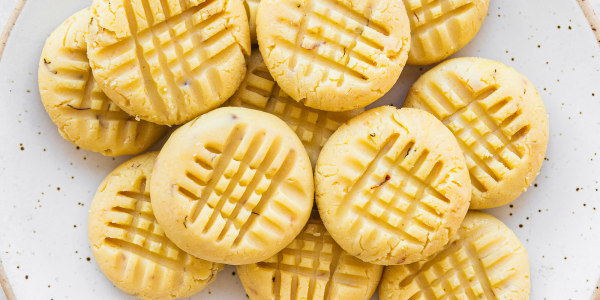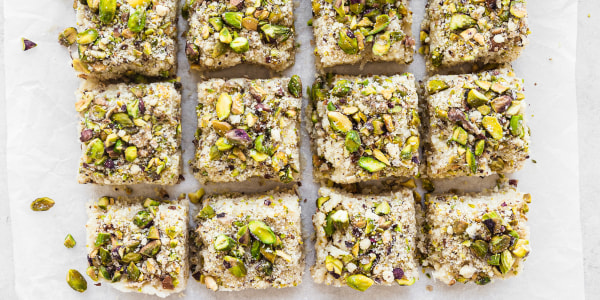Diwali, the festival of lights, is a luminous celebration that holds a special place in the hearts of millions. This year, it takes place on Sunday, Nov. 12. As the world transitions into the chilly embrace of autumn, this radiant festival ushers in warmth, hope and an effusion of colors, both in the literal and metaphorical sense. With its origins rooted deep in Indian culture, Diwali transcends borders, bringing people of diverse backgrounds together to commemorate the triumph of light and knowledge over ignorance.
Diwali, often called Deepavali, derives its name from two Sanskrit words: “deepa,” which means lamp or light, and “avali,” meaning a row or a series. It is a time when homes, streets and entire communities are adorned with a mesmerizing array of oil lamps, candles and colorful decorations. The radiant glow of these lights symbolizes the victory of light, knowledge and wisdom over the forces of darkness and ignorance.
Beyond its spiritual significance, Diwali holds a myriad of cultural and social implications. It is a time for families to come together, reconcile differences and strengthen bonds. Homes are thoroughly cleaned and renovated, symbolizing the purification of the self and the welcoming of prosperity. Delicious feasts are prepared with a wide array of sweets and savories, and the exchange of gifts and sweets among loved ones further adds to the joyous atmosphere.
In addition, Diwali has an economic significance as it marks the beginning of the Indian financial year. Business owners close their books, seek the blessings of the goddess of wealth, Lakshmi, and start afresh, hoping for a prosperous year ahead. This custom also extends to welcoming business partners and associates, fostering relationships and mutual trust.
The exuberant celebrations, the radiant lights and the captivating aromas of traditional dishes all contribute to the grandeur of Diwali. It reminds us that even in the darkest of times, there is always hope, and that the light of goodness, love and wisdom can dispel any shadows that may loom in our lives.
In a world often marred by divisions and conflicts, Diwali stands as a universal beacon of unity and togetherness. Regardless of one’s faith or culture, the festival of Diwali invites everyone to participate in its brilliance and learn from its timeless message. It encourages us to strive for the eternal values of light, love and enlightenment, offering a chance to not only illuminate our homes but also our hearts.
So, as the aroma of incense and sweets fills the air, and the night sky sparkles with a thousand lights, Diwali reminds us to embrace the light within, dispel the darkness of prejudice and celebrate the beauty of diversity, for it is in this collective celebration of light that we find the true essence of Diwali — a festival that illuminates our lives with hope, joy and the promise of a brighter tomorrow.
This Gujarati dish is filled with two types of peas, including the fresh and vibrant pigeon pea (lilva). To make it more accessible, I replaced the traditional lilva with edamame, which has a similar texture and is more readily available. Every time my family comes together for Diwali to make this dish, it’s a bonding experience that transcends mere food prep. The tightly run assembly line, with each person assigned a specific task of portioning the dough, rolling, stuffing and frying, is a symphony of love and tradition. And while everyone has their designated roles, it’s my brothers who have the fun job of eating the first batch of these bites of heaven.
Diwali is a time of celebration and indulgence, and sweets (mithai) are a way to add to the festive spirit. India has a wide variety of sweets available during Diwali, and there’s a mithai for everyone’s taste. Sweets are also considered a symbol of the sweetness and joy that this festival brings into people’s lives. Exchanging sweets is a way to strengthen bonds, express love and share the joy of the festival. It promotes a sense of unity and togetherness. Hindu rituals and ceremonies involve offerings to deities, and sweets are often used as offerings during Diwali prayers and pujas. Ladoos were always served at our Diwali celebrations when my family and neighbors came together. My no-bake ladoos are a great make-ahead treat.
Growing up, the warmest welcome I got when visiting family or friends was a hot cup of chai. This tradition is even more significant at Diwali. The ritual of sharing a hot beverage goes far beyond India and is practiced around the globe. I always feel better after a cup of chai. The classic masala chai is made with loose-leaf black tea, steeped with spices and milk. My mom has been making the same chai recipe in the same steel saucepan for decades. She’s not alone in her lifelong devotion to a single saucepan. As it turns out, most Indian families have their own trusty saucepan for making chai, and the recipe remains unchanged for decades and passed down through generations. That saucepan epitomizes nostalgia.
